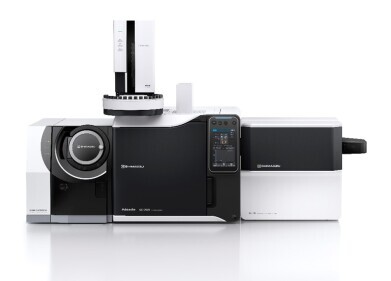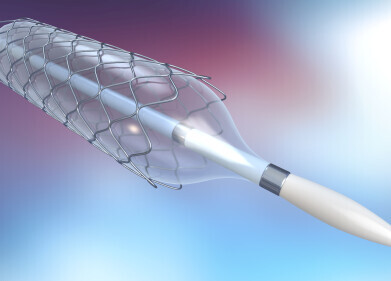Mass Spectrometry & Spectroscopy
How Does AI Help Cancer Research?
Sep 13 2018
From robotic bartenders to mechanical surgeons, artificial intelligence is moving forward in leaps and bounds. Now, scientists are breaking new ground and pioneering AI technology as a means of predicting how cancers will progress and evolve. According to the team, the exciting new algorithm could help doctors customise treatment strategies for individual patients.
Introducing REVOLVER
A joint effort from the Institute of Cancer Research London (ICR) and the University of Edinburgh, the project saw researchers develop an algorithm that analyses multi-region sequencing data and uses it to pinpoint DNA mutation patterns within cancers. The technology is known as REVOLVER (Repeated Evolution of Cancer) and could help doctors predict the ever-changing nature of tumours and manage the risk of cells evolving into drug-resistant forms, which is one of the biggest challenges associated with treating cancer.
"Cancer evolution is the biggest challenge we face in creating treatments that will work more effectively for patients," explains ICR chief executive Professor Paul Workman. "If we are able to predict how a tumour will evolve, the treatment could be altered before adaptation and drug resistance ever occur, putting us one step ahead of the cancer."
Prediction and prevention
Armed with the capacity to predict how tumours will evolve and develop resistance, doctors could intervene at earlier stages, develop more powerful treatment strategies and ultimately, increase chances of survival.
"With this tool we hope to remove one of cancer's trump cards - the fact that it evolves unpredictably, without us knowing what is going to happen next," says Dr Andrea Sottoriva, leader of the study and head of evolutionary genomics and modelling at the Institute of Cancer Research London.
Using AI to forecast a tumour's next move
Drawing on 768 tumour samples extracted from 178 patients, the researchers analysed data for each cancer type. The findings were used to develop an intelligent machine learning algorithm that transfers tumour knowledge across patients to actively identify genetic mutation patterns and predict the trajectory of tumour growth.
The findings were published in the journal Nature Methods, with Sottoriva explaining that knowledge of drug resistance patterns could step up as a formidable tool in the fight against cancer.
"With this tool we hope to remove one of cancer's trump cards - the fact that it evolves unpredictably, without us knowing what is going to happen next," she says. By giving us a peek into the future, we could potentially use this AI tool to intervene at an earlier stage, predicting cancer's next move."
Want to know more about how next-generation technology is being used to improve public health? From air pollution to soil contamination, 'Using Electron Paramagnetic Resonance (EPR) to Track Free Radicals in the Environment' explores the future of EPR and its continuous evolution as a detection tool.
Digital Edition
Lab Asia 31.2 April 2024
April 2024
In This Edition Chromatography Articles - Approaches to troubleshooting an SPE method for the analysis of oligonucleotides (pt i) - High-precision liquid flow processes demand full fluidic c...
View all digital editions
Events
Apr 28 2024 Montreal, Quebec, Canada
May 05 2024 Seville, Spain
InformEx Zone at CPhl North America
May 07 2024 Pennsylvania, PA, USA
May 14 2024 Oklahoma City, OK, USA
May 15 2024 Birmingham, UK






.jpg)











